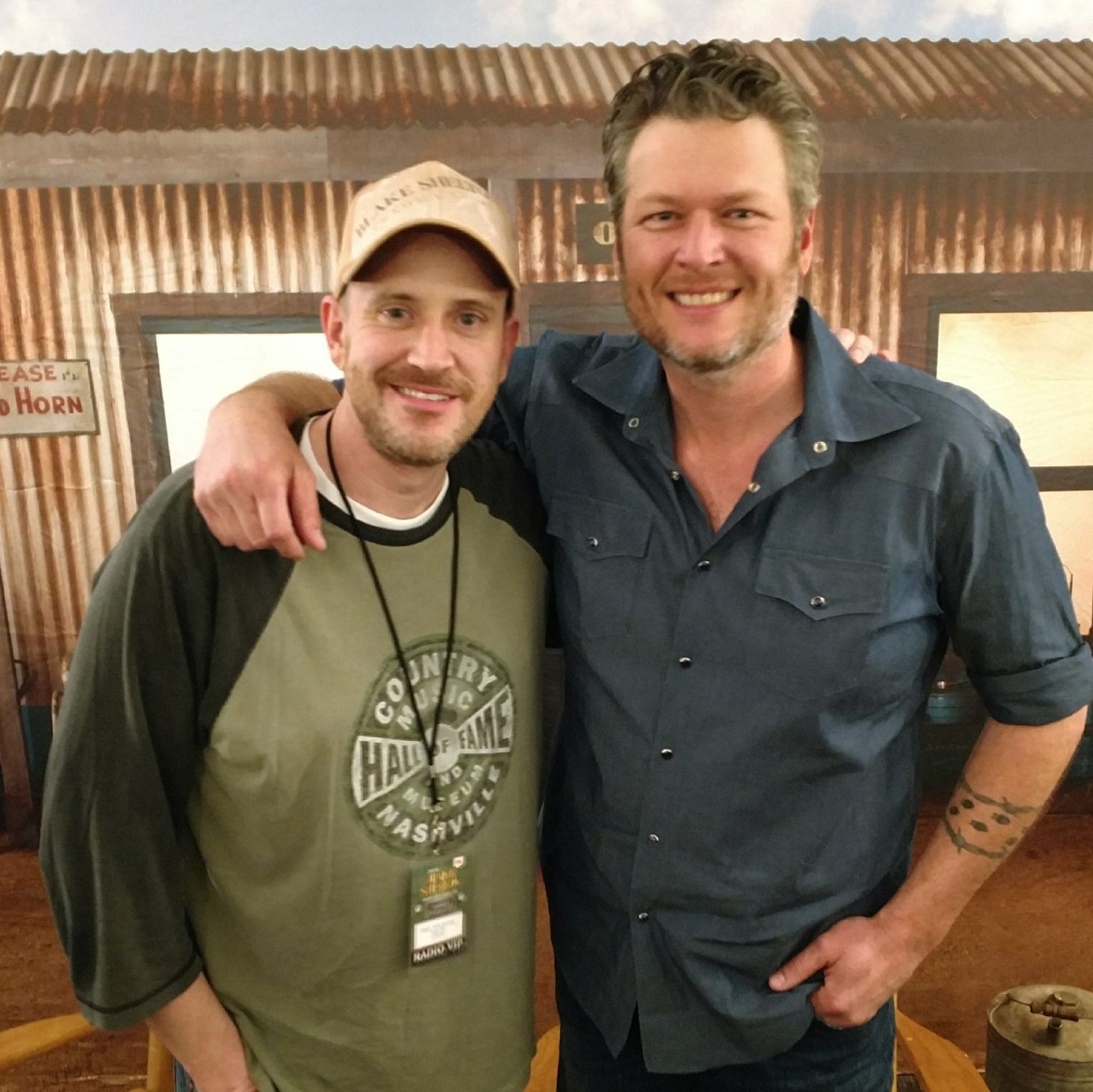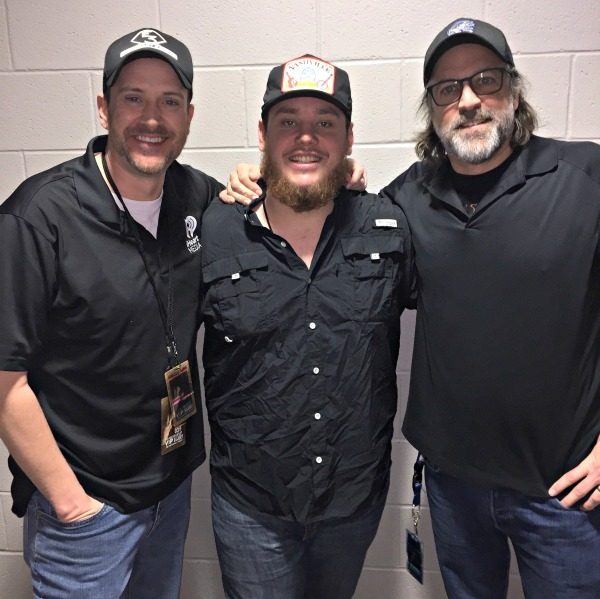To Be Queer in the Country Radio Biz
By Brian Jennings, Contributing Writer

Hello. I’m Brian Jennings and I’m a Country Queer.
It feels like group therapy just being able to talk freely about that. So often our love for country music or life in a red state clashes with assumptions about who we are.
I’m a divorced, bisexual father of 3 living with my boyfriend in Tulsa, OK. I spent 27 years programming country radio stations across the USA, including WGAR in Cleveland, KZSN in Wichita and KVOO in Tulsa. I now work in marketing for a casino. But I continue to work inside the radio and record industry with a business I created that caters to classic country artists.

I think a lot of readers might be surprised to find that there are lots of LGBTQ+ folks working in radio and the music industry. In radio, it’s been a bit easier to fit in, as long as we are “culturally straight.” Meaning that we dress and behave like straight society.
Another aspect of the Nashville music industry that may surprise readers is that it is a blue, liberal village. Yes, we have some conservative artists too. But by and large, we have a lot of LGBTQ+ allies and progressives.
Tim McGraw continues to flirt with a political career, considering a future run for governor of Tennessee as a Democrat. Shane McAnally, one of country’s biggest songwriters and producers, makes his home in suburban Nashville with his husband and children. One of country music’s most enduring radio hosts, Blair Garner is openly gay. Nearly every modern country artist has welcomed me and my boyfriend when we’re backstage at shows.

In some larger markets, individuality is encouraged but it’s still a risk. We spent a lot of time in the past trying to be accepted by the industry as typical professionals. and we’re still knocking down doors.
I started in country radio in the early 1990’s during the “country boom”. This was a time of mullets, Mo Betta shirts worn by Garth Brooks and certainly nothing gay. Even discussing gay equality in country music was discouraged in those days.
For evidence, look no further than Garth Brooks’ 1992 song “We Shall Be Free.” The lyrics included the words: “When we’re free to love anyone we choose.” Even as the most commercially successful country artist in history, he was punished for this positive message, and the song was his first radio single that failed to crack the Top 10.
In 2010 country star, Chely Wright, became an LGBTQ+ leader. Despite not being an active artist for MCA Records, her coming out was considered extremely bold. She’s been followed by a few others (Ty Herndon, Billy Gilman) but not until TJ Osborne of the Brothers Osborne courageously came out publicly, did we have an active artist from a major label. It’s 2021. We clearly have more work to do.
So what does their coming out mean? Hopefully, very little. No one wants to be remembered in music as “that gay guy.” The music should rise and fall on the charts according to its audience demand and nothing more.
Still, it would be very helpful if more artists in Nashville would come forward and proclaim themselves gay. To be honest, I’m aware of a few others but coming out is something that is personal and it’s up to the individual to decide when and if.
There remains a disconnect between Nashville’s music industry and its audience in the values they espouse. This is the opportunity that exists. More of us need to speak out. That is how we will open things up and normalize our existence in the audience. It’s how we will create acceptance in our communities.
We’re here. We’re queer. We’re country. Get used to it.
NOTE: The artists pictured are simply to establish bona fides. Nothing in the article should be construed to apply to the pictured artists.